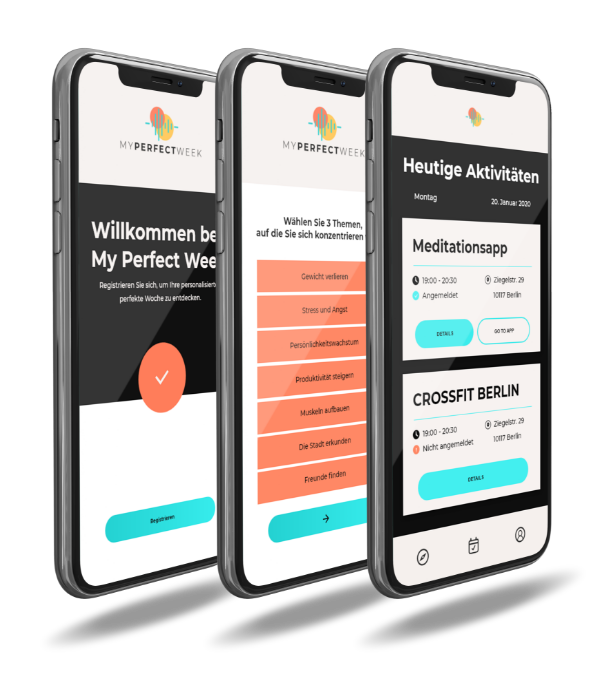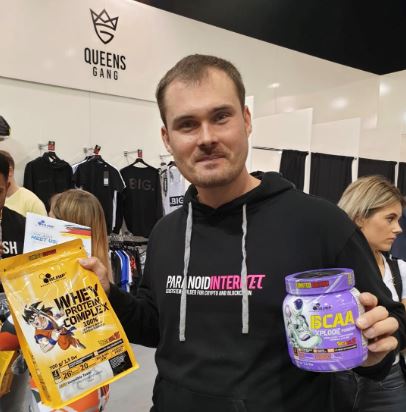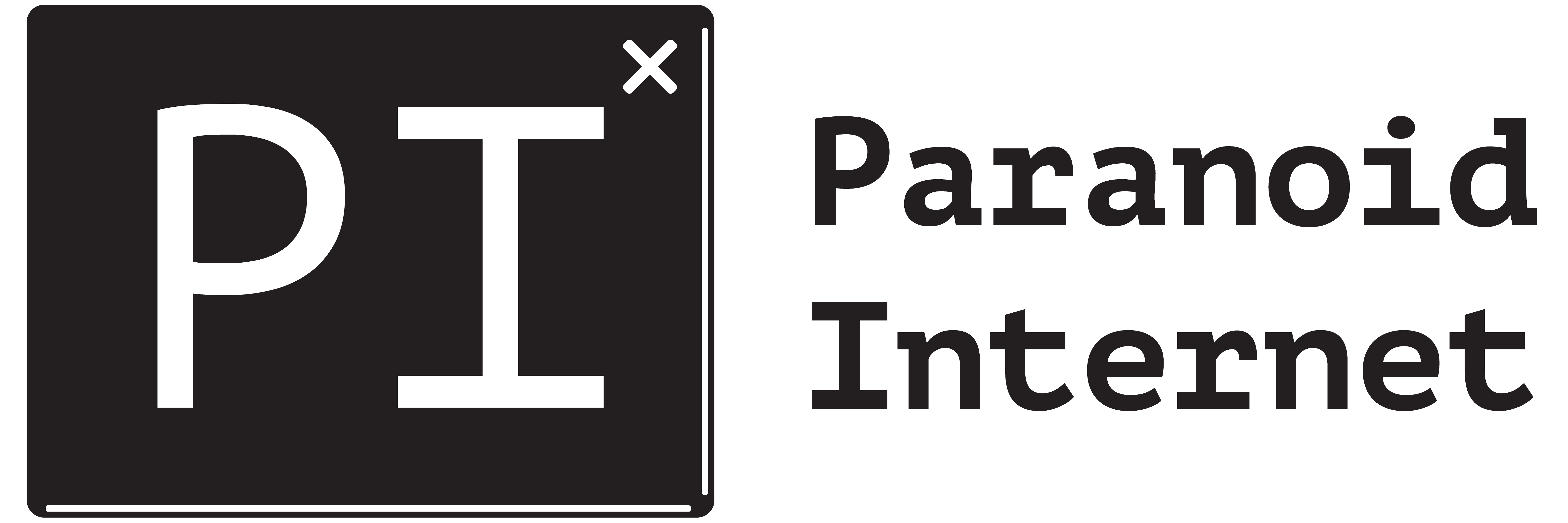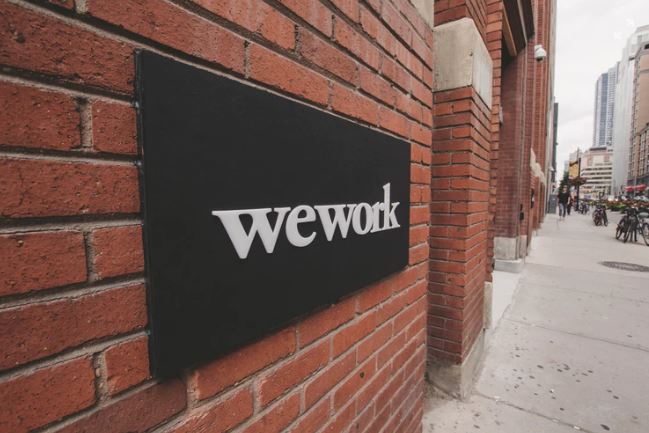Just a few months ago we saw WeWork go from a $47 billion valuation to talk of bankruptcy in just 6 weeks. Making them the most recent in an ongoing series of Silicon Valley startups beating valuation records and defying, if only for short while, all known laws of economics.

The trend among these startup giants to gaslight, lie, and deceive can really only be described as “toxic” behavior. So why are Silicon Valley trends (proven to be ineffective) being applied to startups worldwide? While their methods are successful in the short term there are long term implications on the health and wellness of employees and consumers alike.
Wellness from an App?
Being a startup ourselves, these are the types of thoughts and concerns that we inject straight into our incubator projects. When we have the opportunity to build something from scratch, our process is to start with problems or problem statements and come up with an idea for a project to make the world a little bit better. Looking into the health and wellness of overworked individuals we started to pose some general problem statements.
Access to a variety of affordable health and wellness options is limited for most people. Lack of time (30%), lack of motivation (21%), cost (5%) and lack of social company (3%) are the most quoted reasons for not doing more Sport. Personal well being is poorly served not only by life in cities or working in startups but ironically also by the services intended to alleviate the harshness of these living and working landscapes. The digital-first, automation-driven, subscription lock-in services that are all too commonplace in today’s society are also rampant in the health and wellness industry.
The listed statements above do seem bleak. However, opportunities are arising to change the state of things. The Digital Healthcare Act (DVG) is showing how there is great interest, specifically in Germany to utilize digital transformation to improve health care provision. Following the new act in place there is going to many opportunities in 2020 for healthcare apps to be supported by the German government. As first announced in Dennis Weidner’s year end blog post, our goal to make health and wellness a little bit easier even under time or financial constraints gave us the inspiration for My Perfect Week.
My Perfect Week

My Perfect Week is a Wellness platform and personal assistant, offering end users an AI-curated but human-delivered selection of products, services and activities to support the goal of balance between a fulfilling, healthy and social lifestyle, as well as the day-to-day realities of financial and time constraints.
“Everyone has 2 minutes to dedicate to their own wellness”
– Dennis Weidner, CEO & Founder
My Perfect Week is a platform with no end user cost or subscription model attached, which provides recommendations and assistance delivered through human interaction (voice). Recommendations are based upon user inputs collected over a short intro assessment (6 questions).

Competitive Advantage with Wellness
Unlike the Silicon Valley startup model we aim for a human-first approach. According to a study by Google in 2018, most people still prefer to talk to a human being when making decisions or purchasing online. 57% do so solely to talk to a real person, whereas 59% expressed speed of response as their reasoning for choosing human interaction over digital interactions. PSD2 and Europe’s eHealth directives underpin an open, transparent playing field, which will enable users to entrust their personal data with third parties for greater benefit and utility. End users will never be charged by My Perfect Week, and advisors are there to build trust and support /encourage wellness usage


